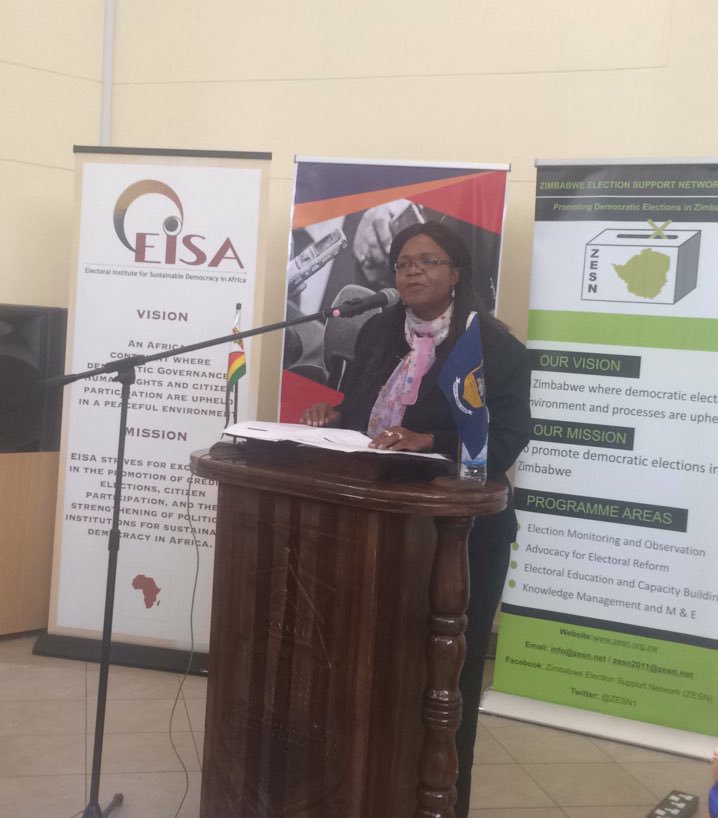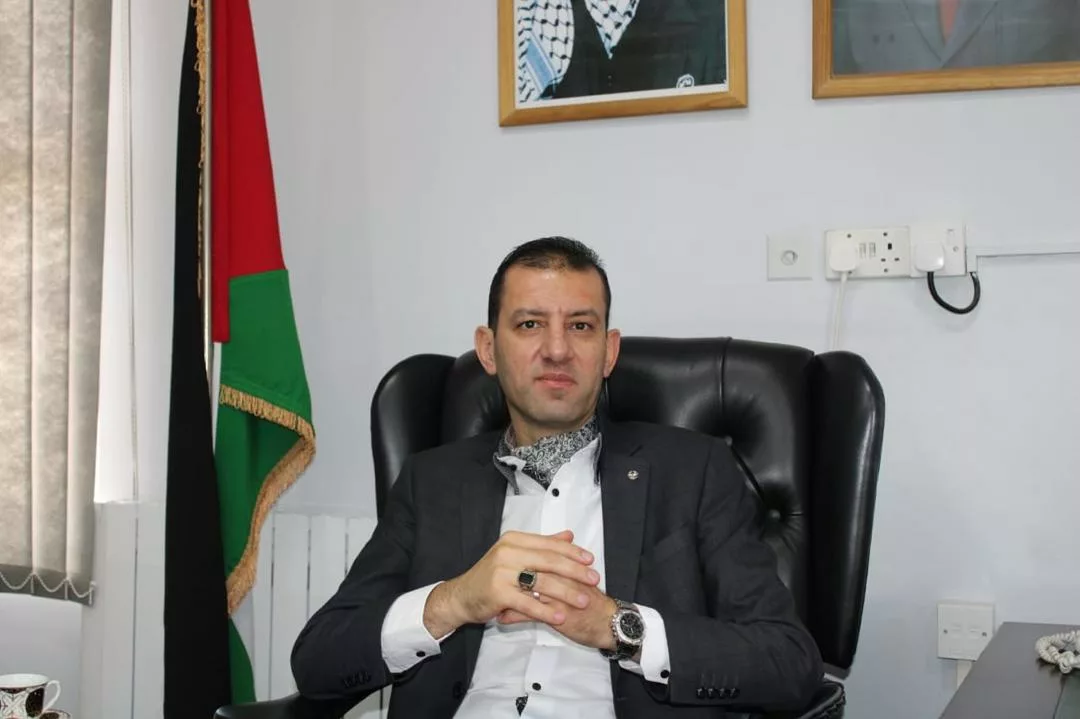By Farai Chirimumimba
Recent elections in Zimbabwe have been contentious with the voters roll narrative taking centre stage apart from the violence that has been witnessed. According to Zimbabwe Election Support Network (ZESN) report 2013 harmonised elections, ”past elections, successive audits of the voters’ roll done by civil society organisations have shown that the roll is not a true reflection of the registered voter population in Zimbabwe. Chief among the criticism was that the roll is inflated; that there are dead people on the roll; and that it is not reflective of the actual population of the country as per census figures. For instance, in some cases there are more people registered in some constituencies than recorded by the census figures.” In previous elections the voters roll was constituency based and now the current voter roll being crafted will be polling-based.
On elections day every polling station in each ward receive copies of the roll of voters for that particular polling station. However, according to Zimbabwe Election Support Network (ZESN) report on the 31 July 2013 Harmonised Elections, polling station based voting is problematic in that “given the political climate in Zimbabwe, there were risks associated with such a process. Firstly, there was the risk of deliberate displacement of voters from their specific polling stations. Secondly, there was also the risk of post-election retribution. There will, therefore, need to be specific mechanisms put in place for successive elections to safeguard the security of voters as the country moves forward to implement international best practice regarding a polling station-based voters’ roll, as provided in the amended Electoral Act as amended for successive elections”.
ZESN says that voter registration in Zimbabwe should be continuous with voters free to register at district offices in between elections. However, this has not been the case in the last few years since the Zimbabwe Election Commission (ZEC) took over the registration of voters from the Registrar-General. However, few weeks ago ZEC begun the process crafting a new the voters’ roll using biometrics which experts say will flush out multiple registration and dead people from the roll making it possible for the country to hold a free and credible election. Sadly, the registration trend across the country is disturbing. ZEC Chairperson Justice Rita Makarau is quoted in the media saying 1.2 million voters have registered as we enter the second phase of the voter registration programme.
The election body is targeting 7 million voters ahead of the 2018 harmonised elections. In 2013 harmonised elections, 5.8 million were registered. When the first phase of the exercise ended on week ending 27 October there was much criticism that it was not well publicised, the contentious issue of proof of residence especially in the urban areas and that the registration programme was inadequate and did not capture all those interested in registering because of different reasons apart from proof of residence. To address some of these concerns Justice Makarau said that ZEC has requested that government give registration centres presiding officer’s commissioner of oaths powers for the duration of the excise. Attaining the voter registration target is not an event but a process. In Africa there are countries that have conducted elections recently with Kenya having 19,6 million voters for the August and October polls 2017 against a target of 25,3 million voters . In 2013 general elections Kenya had 14.3 million voters, about 5 million voters were added. Liberia has 2.1 million registered voters against a target of 2.5 million with 1.6 million actual turn out during the 10 October general elections. Angola achieved its target of registering over 9 million voters when it registered 9.3 million for the 23 August 2017 general election won by the ruling MPLA party. South Africa during the 2014 general election met its target of 25 million voters with 25.3 being registered and 18 million turning out to vote. Nigeria is targeting to have 80 million registered voters for the 2019 general elections, 10 million more from the 70 million registered in 2015 elections.
Research as shown that many factors that affect voter turnout either for registration or actual voting process apart from those mentioned above education is seen as the key to unlocking willingness to register to vote, another obstacle is perceptions of political issues at stake, voter registration arrangements which in this case are seen as cumbersome with the requirement to provide proof of residence may deter voter registration. Therefore there is need for creative avenues for stakeholder interaction to lure people to register to vote. In an article titled: “Govt avails 300t rice to encourage BVR uptake”, The Herald 30 October. In the article the Minister of Justice, Legal and Parliamentary Affairs Retired Major-General Happison Bonyongwe is quoted as saying that his ministry so it fit to introduce a competition for voter registration. “We then thought of programmes to do with voter registration; as a ministry, we want to see people registering to vote. Everyone should go out and register as a voter. The district that will register the highest number of voters per province will receive a truckload of rice, which amounts to 30 tonnes per district. So, in 10 provinces it will be equivalent to 300 tonnes. It’s now a competition, lets encourage people to register as voters. So if you become number one, that is the prize that is coming your way,” he said.
Aspiring Member of Parliament for Mt Pleasant and Harare Central Advocate Fadzayi Mahere and Linda Masarira respectively are also incentivising registered voters in their constituencies. Fadzayi Mahere a few weeks ago introduced the student voter registration and Shopping Voter Registration challenge were a person can win a laptop or shopping by mobilising the highest number of people to register to vote. Linda Masarira is giving out caps to all Harare Central registered voters. An Aceproject 2013 practitioner’s network on what Election Management Bodies (EMBs) are doing to increase voter registration numbers showed that “In Uganda a former Member of Parliament from explained a strategy used to promote voter participation that is based on entertainment through music, with the EMB partnering with popular musicians in the country and staging concerts in various districts. The concerts were free to those who had voter identification cards. In Cambodia, a lottery for all those who registered to vote was organized with lottery prizes being used as registration incentives. The lottery number was each person’s voter identification number. One respondent shared how in Mexico voter registration is further promoted through television and other mediums with the help of celebrities. Finally, the Kenyan example further included Vote Marathon campaigns with free-of-charge participation and cash prizes as well as city clean-up events linked to voter registration.”
More efforts towards incentivising voters need to be implemented if ZEC is to attain the goal of registering 7 Million voters before the 2018 harmonised elections. However, the process should not result in voter buying which can cause the electoral process to become illegitimate.






